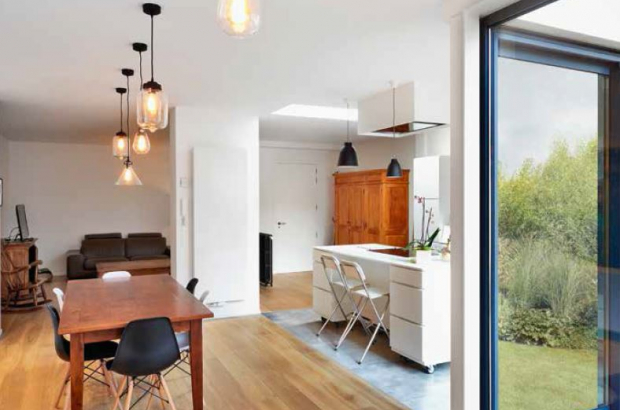- Daily & Weekly newsletters
- Buy & download The Bulletin
- Comment on our articles
Getting ready to move to Belgium! Read our lowdown on settling in the country
Although moving abroad to live and work is a major step, Belgium is very good at making expats feel at home.
Its capital Brussels is the second most cosmopolitan city after Dubai. As home to the European Union, NATO and numerous multinational companies, it offers an extensive network of information and services.
Belgium’s second metropolis Antwerp also boasts a large international community thanks to the major port city’s long history of multinational trade.
The country boasts three regions: Brussels, Flanders and Wallonia, and three official languages: Dutch, French and German. Despite or maybe because of this multicultural and multilingual identity, Belgium is very hospitable and English is widely spoken.
Before any move abroad, it’s advisable to draw up a checklist of all the administrative processes that need doing.

Setting up a bank account
While some bureaucracy on arrival in Belgium is unavoidable, there are plenty of things you can prepare in advance. These include setting up a bank account, a key step to managing administration, utilities and finances in your adopted country.
At ING Belgium, you can open a bank account with foreign ID. You’ll need to provide proof of identity, which could be documents from your home country. On arrival, visit a local branch to sign the paperwork.
The ING Do More pack is an all-in-one banking solution which comes complete with the following:
- Bank account, insurances and a free VISA classic card for a year
- Innovative app with 24/7 chat function and more than 50 services
- Mobile payments via Apple Pay and Payconiq
- Rental guarantee and home insurances
- Advice on savings and investments

Finding a home
You can start your property search while abroad or you can move first into a short-stay flat. There are plenty of service apartments, especially in the capital. Be warned when looking for a new home that the rental market in Brussels is highly competitive.
Before signing any contract, landlords have a legal duty to set out the charges relating to the apartment and how they are calculated. A government website gives an indication of a property’s rental value based on its size, location and energy performance.
Prospective tenants are advised to read up on the rules and regulations surrounding rental agreements and the rights and responsibilities of each party before signing any contract. These contracts are either a standard flexible lease for a period of between three and nine years or a more inflexible short-term lease lasting up to three years.
Rent is subject to an index-linked annual review. A security deposit equal to two months’ rent is usually required, blocked in a bank account in the renter’s name that accrues interest during the period of the rental. Your bank can provide advice about setting up this account.
On the paper trail
Once you have moved into your new address, you need to register with your local municipality. A local police officer will visit your home to ensure that you live there. This is a vital step as obtaining a Belgian ID card is the key to accessing all services and systems, including health insurance and signing up for utilities and telecoms.
You will need to take out various insurances, such as home (including mandatory tenants’ liability), personal liability, car, travel and additional health cover.
For utilities such as electricity, water, phones, TV and internet, check out the local providers in your region to find out the best package for your needs.
Read more about banking with ING here.
More information about the legal conditions of bank accounts and credit cards here.
Photos: (main image) Atomium, visitbrussels/Jean-Paul Remy; online banking/Belga

















